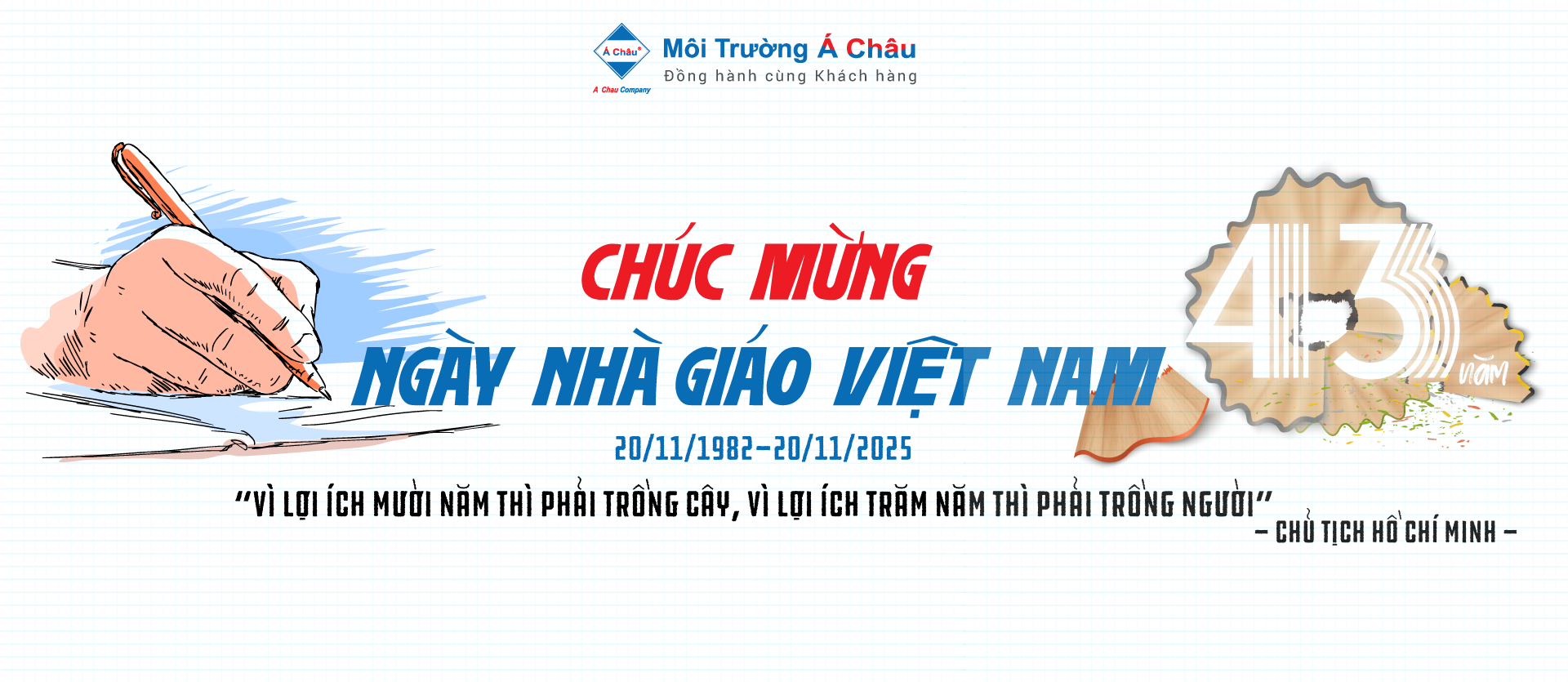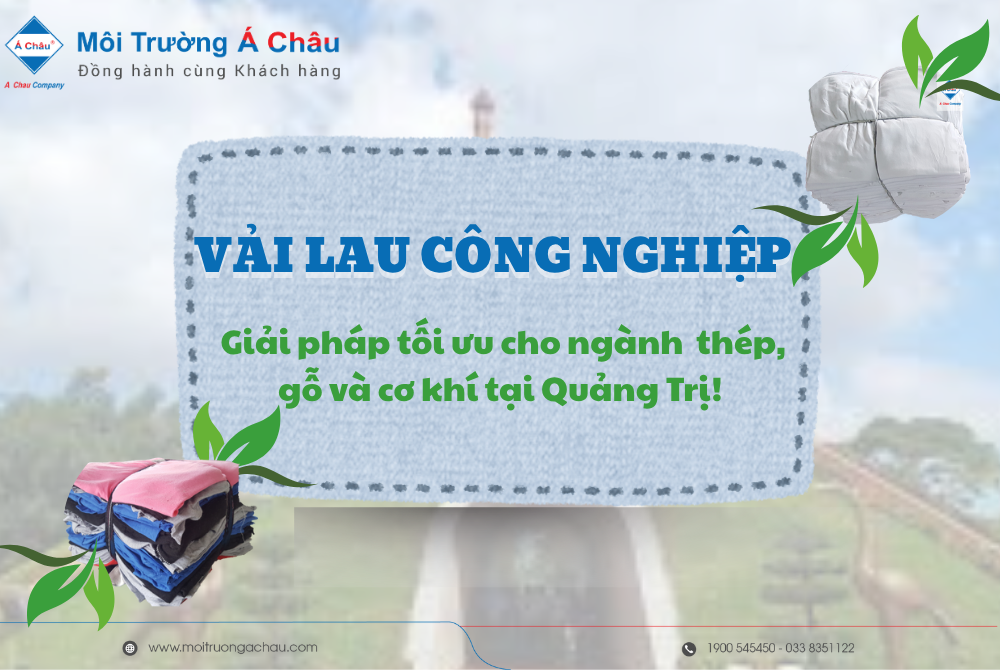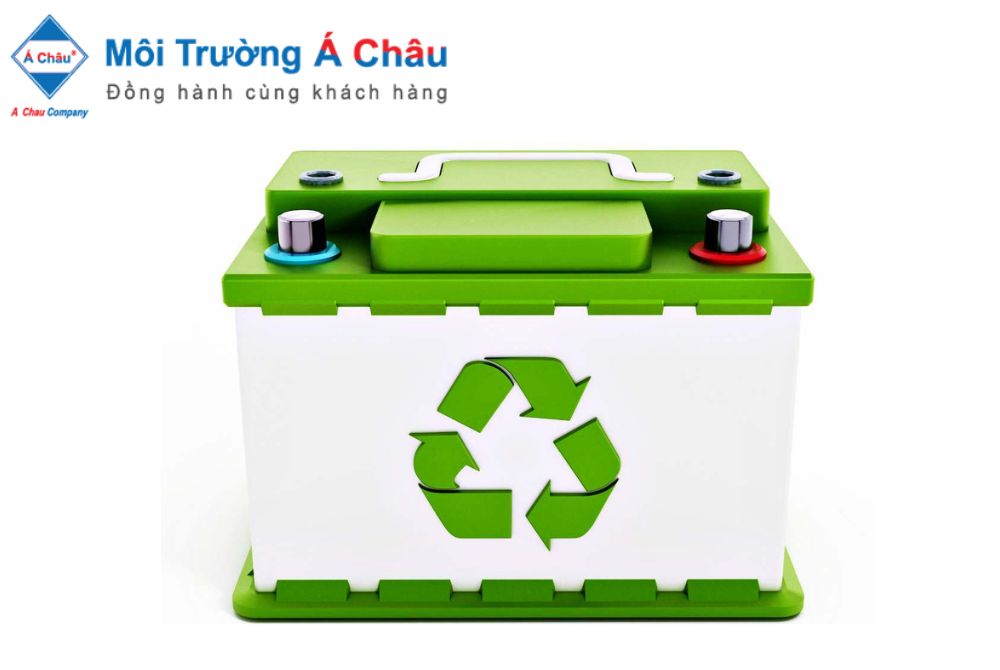EPR boosts the drop of plastic waste
The 2020 Environmental Protection Law introduces Extended Producer Responsibility (EPR), aiming to enhance reuse, recycling, waste reduction, and promote the use of environmentally friendly raw materials, reduce plastic waste, and drive a Circular Economy.
Essentially, 20 years to change the "New Chapter" for EPR
The concept of EPR, similar to the Circular Economy, aims for renewable production, eco-friendly energy and materials, and emission reduction, promoting politeness and a focus on recovery and renewable energy.
The United Nations Environment Program (UNEP) defines Environmental Responsibility (EPR) as an environmental policy approach that extends a product's manufacturer's response to disposal throughout its life cycle. Implemented in European countries since the 1990s, EPR has been applied in over 40 countries worldwide for the past three decades.
Vietnam has been implementing EPR regulations since the 2005 Law on Environmental Protection, which are part of the policy of recall and treatment of discarded products. This policy has been clarified in various decisions by the Prime Minister, including Decision No. 50/2013/QD-TTg dated August 9, 20213, Law on Environmental Protection 2014, and Decision 16/2015/QD-TTg dated May 22, 2025.
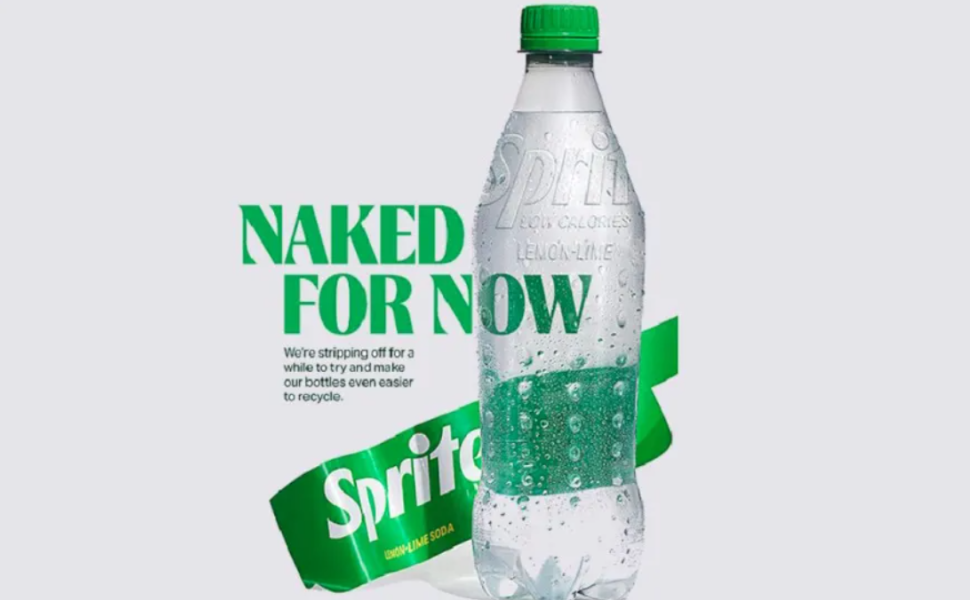
EPR needs to "Accompany" waste segregation at the source and in modern recycling.
Mr Phan Tuan Hung, Director of the Department of Legal Affairs at the Ministry of Natural Resources and Environment, emphasised the need for clear regulations on manufacturers' mandatory duty to contribute funds for recalls and product handling after use. However, recovery and treatment rates have not been established, and EPR regulations have not been effectively implemented for 15 years.
The 2020 Law on Environmental Protection has revised and emphasised EPR in Articles 54 and 55, focusing on waste recycling and production and import, as well as waste collection and treatment duties for organisations and individuals.
Decree No. 08/2022/ND-TTg outlines regulations, implementation roadmap, recycling rate, mandatory regulations, forms, registration, reporting, financial contributions to Vietnam Environmental Protection Fund, subject and levels of financial contributions, implementation procedures, and support for waste treatment activities.
Changing producer habits and consumer lifestyles
Manufacturers and importers of pesticides, disposable batteries, diapers, chewing gum, cigarettes, and some plastic-containing products must contribute financially to the Vietnam Environmental Protection Fund starting January 1, 2022, for waste collection and treatment.
Manufacturers and importers of various products, including tyres, batteries, lubricants, electronics, vehicles, and packaging, will have a roadmap for recycling implementation from 2024-2027, with non-recycling manufacturers or importers required to pay to the Fund for support.
Vietnam's EPR regulations are diverse, particularly in terms of recycling products and packaging. Decree No. 08/2022/ND-TTg offers various recycling options for businesses, including self-recycling, hiring a unit, allowing intermediary societies to schedule recycling, or paying the Vietnam Environmental Protection Fund to support recycling activities.
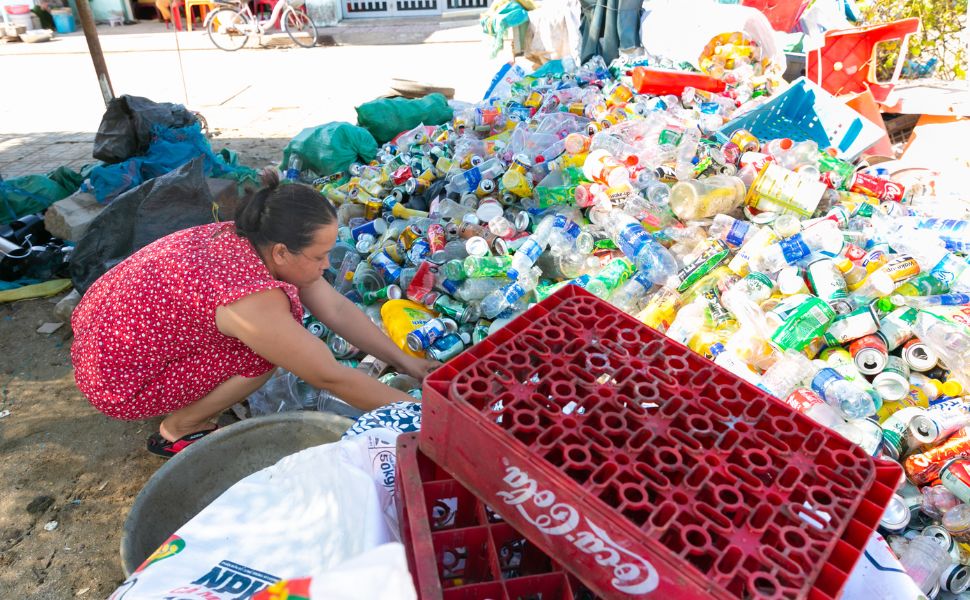
Businesses in Vietnam are currently opting for payment over recycling, which may hinder the reduction of plastic waste. Experts suggest that businesses pay for packaging products that are rarely collected and recycled. For effective recycling, manufacturers may reorganise their recycling processes, such as hiring recycling units themselves.
This trend is expected to increase as the recycling industry grows that is expected to continue.
EPR aims to clean the environment by collecting and treating discarded products while also influencing production and consumption habits. It encourages manufacturers to use eco-friendly materials, extend product life cycles, and make products easy to collect, reuse, and recycle, ultimately promoting sustainable practices.
Mr. Phan Tuan Hung stated that if implemented correctly, EPR can ensure resource closure and circulation between input materials and waste generated in the process, thus laying the foundation for a Circular Economy in Vietnam and addressing the current plastic waste problem.
Sum up, to achieve a "Green Life" in Vietnam, EPR and Circular Economy must be implemented effectively, including focusing on domestic waste segregation at the source, which is crucial for collecting and recycling products and packaging. Investing in collection and recycling infrastructure is also essential. Successful countries like Korea have successfully separated domestic waste at source, demonstrating the importance of effective waste management in promoting a sustainable lifestyle.
Source: According to the MONRE's electronic information portal, "EPR promotes reducing plastic waste", posted on June 22, 2023, see link: https://monre.gov.vn/Pages/epr-thuc-day-giam-rac-thai-nhua.aspx, accessed June 6, 2024.
